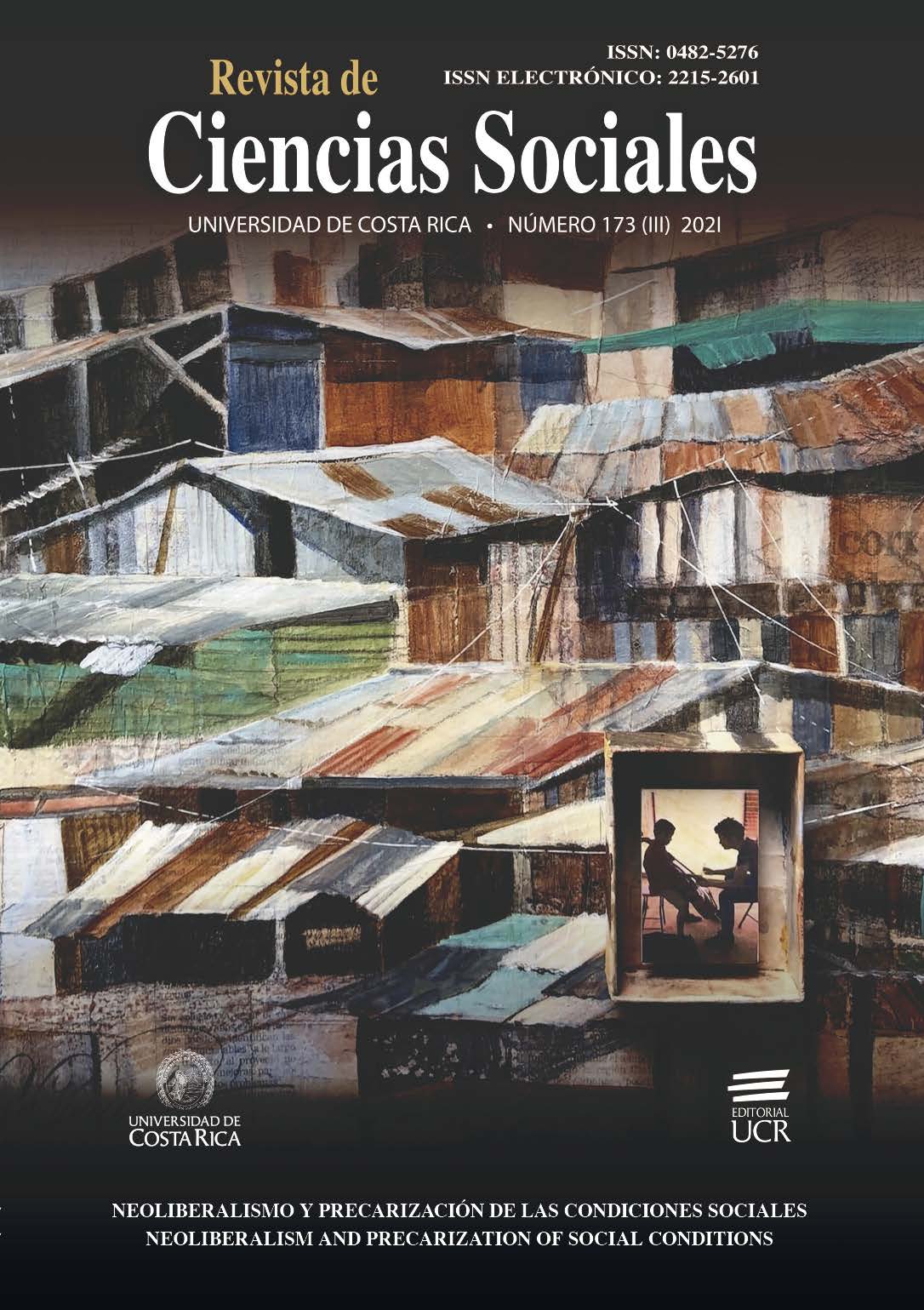Abstract
This article demonstrates that the police use two strategies, executed by governments, to control socially excluded territories and persons: the imposition of force and the
search for consensus. The former is carried through employing securitized and repressive rhetoric and practices that tend to produce more exclusion or increase pre-existing
exclusionary conditions. The latter, in contrast, through more democratic practices whose main goal is to increase the population’s acceptance towards the police force and their actions. The text shows the correlation and co-dependence between these two strategies, given that the police cannot solely be repressive or looking for consensus among
the people they control. To achieve this result, the author sets a dialogue between the classics of police studies and more recent research results, in particular those based on
the analysis of the social reality of Latin American countries and other contexts of the Global South.


